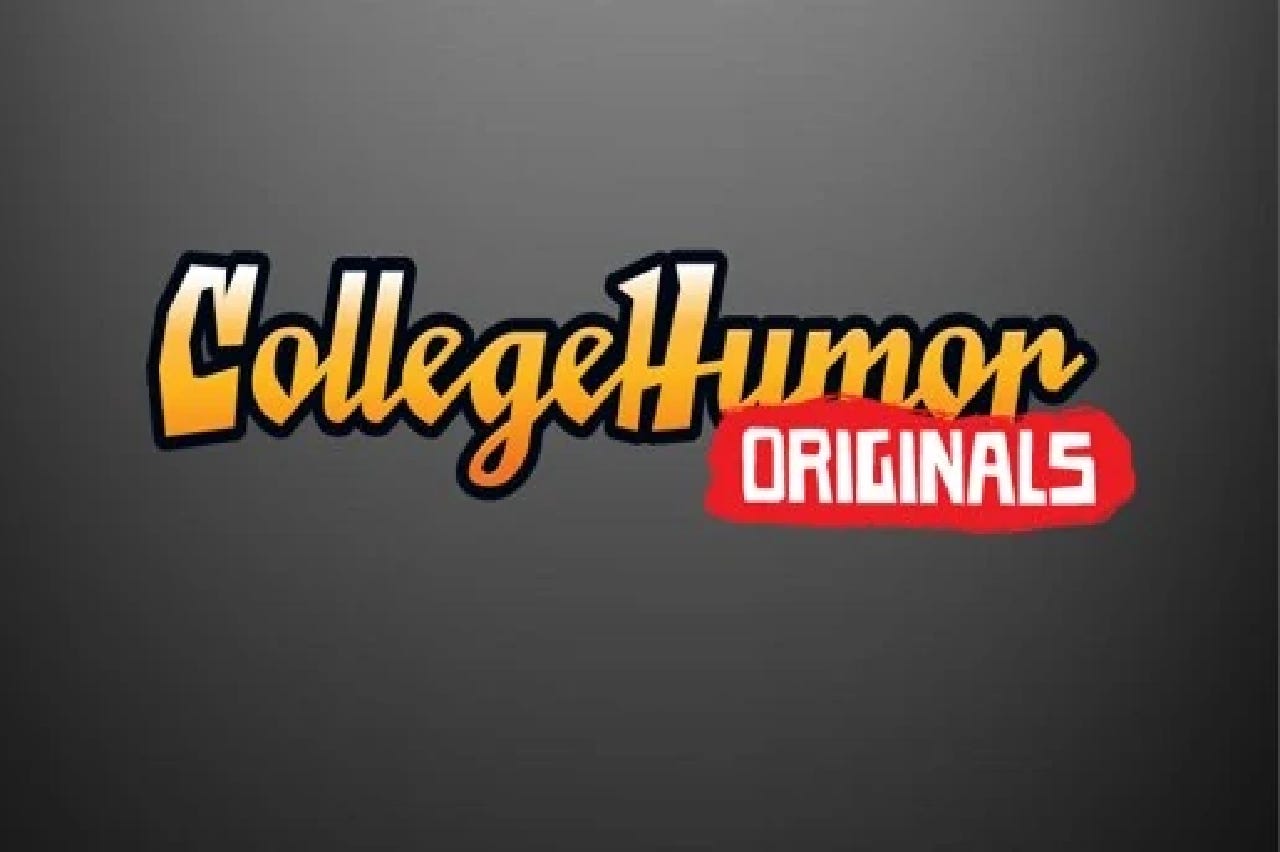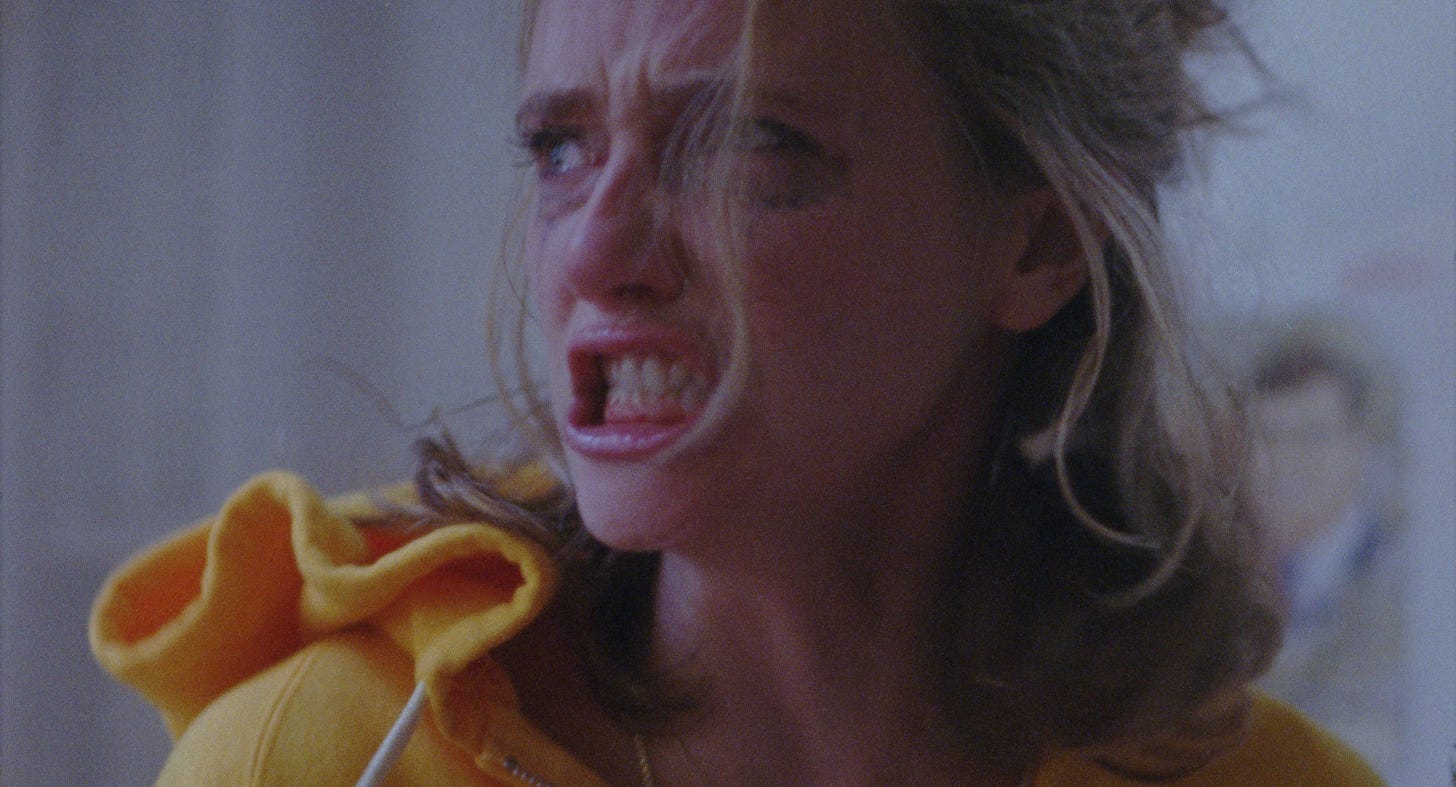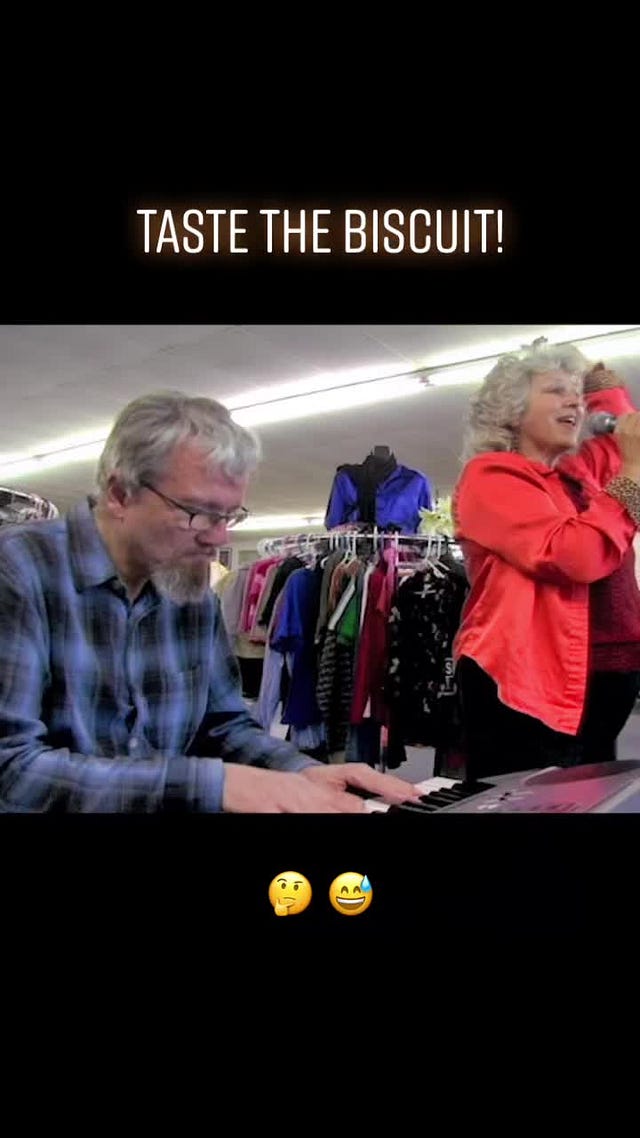The Path Less Taken
Recently finished Status and Culture by W. David Marx. SPOILER ALERT: the Internet ruined culture by entirely removing the focus on critical acclaim and awards and making economic status the only status left to chase, leading to a lowest-common-denominator culture. Not wrong. The book makes a nice companion piece with this Stay Grounded post I linked to last week (5th paragraph from the bottom) about how online culture bears practically no resemblance to the outside world.
Come to think of it, this might be the most topical post I have written yet: the latest Allegra’s Corner of Garbage Day is about how the Internet has too many main characters. Ed Zitron argues about how there is too much Internet. Specifically, he mentions how neither him nor his friends knew about the Try Guys before the scandal, but he is also amazed that such a weird thing can exist.
Nitpicky though it sounds, the Try Guys started as a Buzzfeed show before they broke off and went indie. Buzzfeed in 2014 was the College Humor of its time. More on College Humor later, but for now, let’s get down to business: there are two ways to have cultural impact online. One way - the way that most media writers write about - is to be an influencer. A brand. Bigger, quicker payday of course. But an influencer campaign is like an ad campaign. And we all know how The Cavemen TV show turned out. TikTok has only made it worse. I have compared TikTok to MTV numerous times (too many to link to) but as far as the lasting power of its music memes, it has the half-life of a commercial jingle campaign. As if to prove my point, I (and, I would bet cash, most people) thought the latest meme was a local commercial jingle.
So that’s the one path: instant infamy fame then POOF - obscurity. Which is terrifying in our extremely online era. The twin terrors of the social media era are: 1) nothing you make or consume online matters in the real world; 2) nothing you do online stands out and you are just another dumb avatar online. One obvious path would be to stop worrying and learn to love the Air B and B-fication of the arts. Just build the better booty video.
But butts age, no matter what your email inbox says. Eventually the “real world” will stop caring. Well the major press outlets anyway, which is what we are talking about when we talk about the “real world.” Say what you will about the mainstream media outlets, but even now, unless you get a mention in a widely-distributed magazine or newspaper, you will never have any notoriety in the real world. TikTok is responsible for Addison Rae’s fanbase. The press is the reason why curmudgeonly, middle-aged men like me have heard of her.
The twin terrors of the social media era are: 1) nothing you make or consume online matters in the real world; 2) nothing you do online stands out and you are just another dumb avatar online.
The press is also responsible for how I heard of Angelicism. Angelicism is a Substack that is not written by a beautiful white girl with a bountiful booty. I don’t believe so anyway. Angelicism’s identity is anonymous. The mystery doesn’t end there. Are they really just one person? Are they really right-wing? The only thing we know for sure is they are not aiming to please everybody. No, they are part of the schizo deep fried shitpost subculture of reactionary, esoteric weirdos. And they have what legacy media would call a “cult following.”
The Secret History of the Cult Canon
Pop culture has two timelines: the one we all know of, with the Beatles, Star Wars and Beyonce and a lesser known Bizarro universe with the 13th Floor Elevators, The Man Who Fell to Earth, and MF Doom. The big bang of esoteric commodity fetishism would be Nosferatu (1922), a film that ended up surviving through bootlegs because it was an unauthorized adaptation of Dracula and all copies of the film had to be destroyed.
The first true cool cult, though, was the beatnik fanbase that grew around bebop in the ‘50s. This was also the beginning of an eternal contradiction in cult culture: disdaining commercialism and/or capitalism, yet hunting for obscure, esoteric commodities (in this case jazz records) as if each purchase was the holy grail that would unlock the inscrutably cosmic puzzle that is the universe.
American jazz hipsters in the ‘50s made way for the British blues hipsters of the ‘60s. The Rolling Stones and The Yardbirds would mine the catalogs of increasingly obscure blues legends, starting with Robert Johnson and making their way to Blind Lemon Jefferson. This incestuous mix of blues with rhythm and blues changed rock and roll to rock.
And on it went, from midnight movies to punk to underground rap mixtapes to indie rock, right up to mp3 blogs.
From Indie to Internet Famous
If you clicked on the image, above, you are either around my age or a little younger. You are definitely not a tween. College Humor, like many popular entities on the Web in the ‘00s, had a following that didn’t necessarily bleed from the edges of the computer screen to real life (although many like Pete Holmes graduated from College Humor originals to TV shows, etc.) but were famous all over the Internet. It wasn’t just comedy videos either. Indie music blogs turned The Arcade Fire and Animal Collective into acts that did not take over Billboard, but were still Internet famous. Two reasons why there are no more Lonely Islands or Broken Social Scenes: the Internet is too damn big and it’s too damn global. Before algorithms discovered what people all over the world liked, YouTube had curators that just took their best guess. As the audience for YouTube and Web 2.0 grew, this was not good enough. An obvious barrier to international success is language. Addison Rae’s booty dance does not need a translator.
The Unhinged Underground
This whole post was inspired by watching The Scary of 61st Street (pictured above). Before I watched that film, I found myself spending less time watching TV and movies and more time reading batshit crazy shit online. Yes, it suffered from a surplus of shock and a lack of vulnerability, but it felt real. It stood out from the corporate HR yassification of culture worldwide. Yes, S61stSt came out of the downtown Manhattan arts revival. But so did many movies with bad acting that I could not sit through. S61stSt works because it flies its freak flag fearlessly then burns it.
Dimes Square is not the only presence in the unhinged space of course. Some have said QAnon is the most influential artwork of our time. The evangelism around certain Web3 communities feels more like dangerous cults than Ponzi schemes.
This runs counter to the omnivore poptimism that, up until now, had no alternative whatsoever. Particularly the “cool-runs-the-school” aesthetics of the TikTok meme dream era.
From Status and Culture:
For much of human history, storytelling was the exclusive privilege of designated elders, bookish scholars, and ambitious artists. To create motion pictures, aspiring filmmakers had to pay their dues at schools and in the industry before getting their hands on a camera. The internet opened storytelling to everyone, a development long beheld as a great democratic revolution. But this also has robbed nerds of their longtime monopoly on content creation and gatekeeping. When everyone is making content, teens have extended the high school hierarchy into their viewing habits: Why watch the weirdos when the cool girls are showing off their shopping hauls and class clowns are embarrassing their bros in epic pranks? Thus the very appeal of TikTok is its “mediocrity,” writes Vox’s Rebecca Jennings: “No one follows you because they expect you to be talented. They follow you because they like you.” Previous generations of lowbrow Americans may have enjoyed passive consumption of Candid Camera and America’s Funniest Home Videos, but Gen Z’s analogous content is defining their generation the way the Beatles defined the baby boomers and MTV defined Gen X.
Ah, but what Marx forgets about MTV is that it had its own Chad and Stacy phase in the ‘80s, before Kurt and company stormed the castle. Right now, Hollywood is in a tailspin.
The Emmys were on a Monday. There is new Netflix reality show inspired by Squid Game. Tom Cruise is doing commercials for movie theaters. “National Cinema Day” was September 3, which featured $3 tickets. Both HBO and CW are dramatically shifting their programming. Netflix is in decline.
This isn’t just economic turmoil. Hollywood is also losing its cultural relevance. Not since the late ‘60s and early ‘70s did Hollywood face this much pressure to reflect the changing, turbulent times. The one-size-fits-all “wokeness” patch is losing its adhesiveness. Who’s to say that TikTok does not befall a similar fate? As more and more people watch it, less and less songs become viral. It might very well become The Biscuit Channel.
To be clear, a repeal of corporate wokeness would not only favor white artists. Earlier this year comedian Patti Harrison bemoaned the “social-media-liberal, self-back-patting wave that has felt pretty condescending and minimizing.” In a Dazed profile from two days ago, Iranian filmmaker Ana Lily Amirpour said, “I’m tired of the ‘female-led’ phrase,” she says. “I’m tired of lazy journalism….I’m not just a female filmmaker – I’m a weirdo artist.”
Sounds like someone with a cult. Hope the Kool-Aid tastes good.










